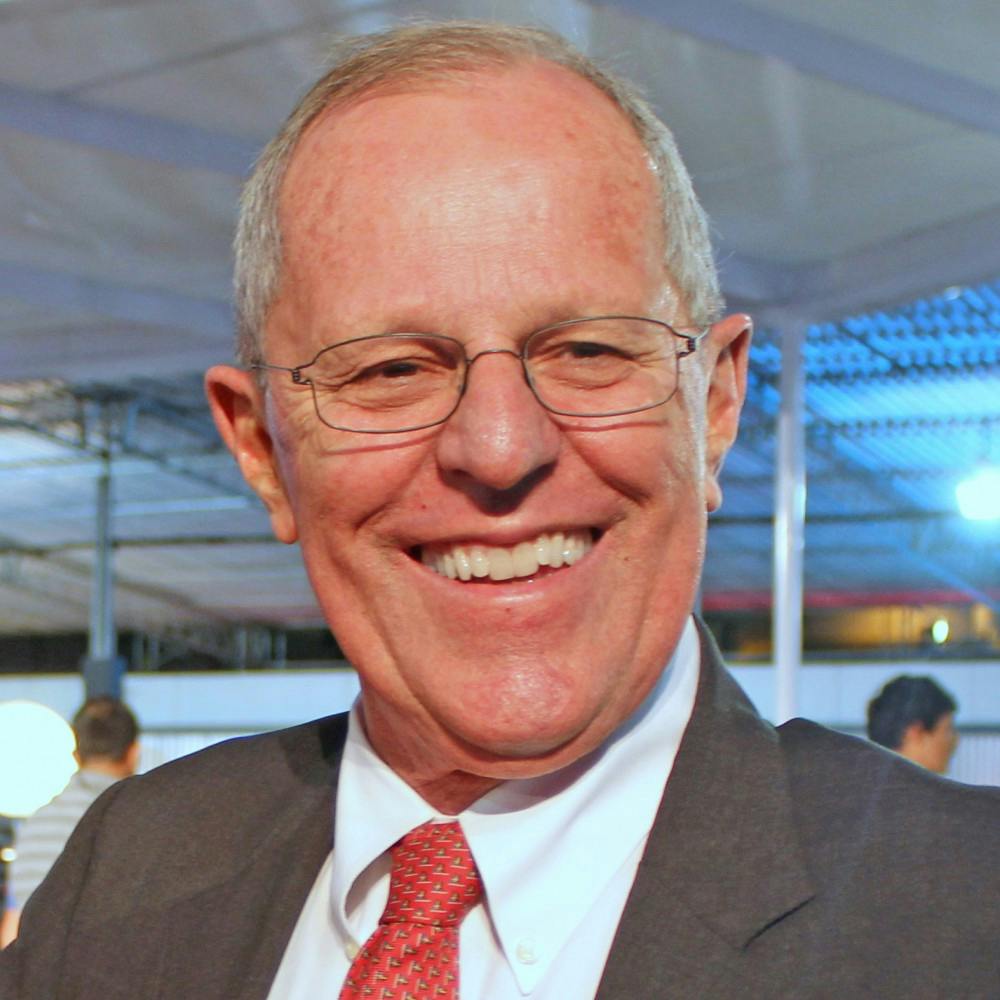In March of 2018, Pedro Pablo Kuczynski, the former President of Peru and a 1961 graduate of the Woodrow Wilson School’s Masters in Public Affairs (MPA) program, resigned from office a day before the Peruvian Congress would have held an impeachment vote against him. He was accused of laundering money while in public office to benefit the Brazilian contractor Odebrecht with multi-million dollar infrastructure projects.
Last April, Kuczynski, was arrested by the Peruvian National Police following orders from the Judiciary’s National Anti-Corruption Office. The judge determined that due to health concerns, he could be placed under house arrest, rather than prison, for three years while facing trial. The judge who issued the order of arrest concluded that Kuczynski could try to obstruct justice by hiding documents that might have complicated his situation in court.
Over 15 years, Odebrecht bribed public servants throughout Latin America to acquire lucrative contracts. It has now been implicated in one of the largest corruption scandals in history, known as Lava Jato, “Operation Car Wash” in Portuguese. (Netflix has a show, named “The Mechanism,” that does a good job of explaining this complex money laundering case. Go watch it!)
Although Kuczynski is the fourth president of Peru to face prison time for illegal conduct, his case is particularly shocking, given that just 13 months ago, he was still running the country. There is significant criticism related to the nuances of his arrest, as well as those of other former presidents — the Judiciary had frozen his bank accounts and had impeded him from leaving the country while he kept collaborating with justice. However, his case is essential to analyze the problematic situation that public servants face when they start going through revolving doors which they hardly know when to stop.
The Odebrecht scandal has unveiled the evident ethical contradictions that can result in criminal behavior if public servants use their power and influence to ease or facilitate private interests. Since 2001, Kuczynski went back and forth from holding high government offices, such as President of the Council of Ministers or Minister of Economy Finance, to his private practice, and vice versa. Throughout the process, his companies provided professional services to clients that would eventually negotiate contracts with the Peruvian government he would later serve.
Kuczynski persistently claimed that he did not pay attention to either his companies’ contracts or his business partners’ whereabouts, which have now put him in big trouble. His fundamental error, which may have criminal implications, was in failing to effectively draw the line between private and public interests. As a consequence, today he could face prison time if Peruvian prosecutors effectively prove that he was deliberately involved in a money laundering scheme.
I recently graduated from the MPA program at the Woodrow Wilson School, where Kuczynski studied in the early 1960s and who, in 2017, was awarded the James Madison Medal. As a graduate MPA, I hope that the school will undertake even greater efforts to educate its students on the fundamental ethical responsibilities that come with exercising public office. The ability to identify the thin line between public and private interests may be the only factor that determines whether we truly commit to Princeton’s motto of serving our nation and the humanity, or not. Integrity in public service is at peril everywhere. Let’s start figuring out how to defend it here, at home.
Álvaro Zapatel graduated from the MPA Program at the Woodrow Wilson School last spring. In his hometown, Lima, Peru, he served as campaign manager for the Party “Acción Popular,” which competed against Kuczynski’s political party “Peruanos por el Kambio” in 2016.








